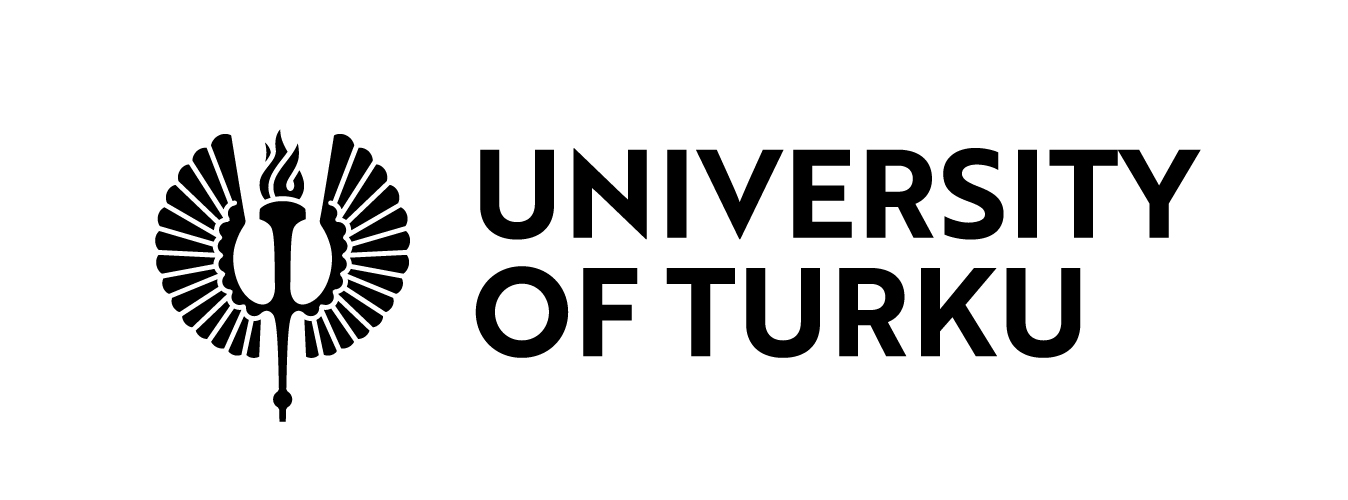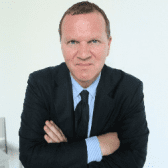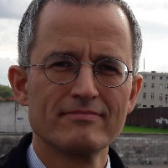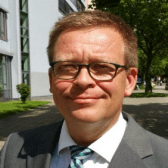Prof. Marc Helmold et al.: Rethinking global Supply Chain Networks and strengthening Supply Management in Public Procurement in Germany
Dr. Marc Helmold, Dr. Matthias Einmahl & Mr. Klaus Rassmann | 18.05.2020
Lessons from the Covid-19 situation: Rethinking global Supply Chain Networks and strengthening Supply Management in Public Procurement in Germany
COVID-19 CRISIS AND ITS IMPACTS ON SUPPLY CHAIN MANAGEMENT (SCM)
The Covid-19 crisis led to a lockdown in many countries. In Germany and other European states, the governments introduced severe lockdown and social distancing measures. The measures were accepted by the majority of people, even though there were concerns on constitutional rights. From Mid-May 2020 onwards, there are new regulations in Germany, as the numbers of infected people decreases and as the situation is slightly improving (Schuhmacher, 2020). As Germany has a federal structure, the reliefs are implemented in the states. The new regulations are as follows:
- Majority of Retailers will be allowed to open
- Schools will slowly re-open their doors
- Hair salons can resume business
- The ongoing rule that individuals may only meet with one person will be relieved, as well as the rule about keeping a minimum of 1.5 meters (5 feet) away from others
- Bars, restaurants, day care centers, theaters, and cinemas will open slowly
- Religious gatherings are coming back with participants in small groups
- Protective masks are “strongly recommended” and mandatory in public transportation or supermarkets
- Strict controls at Germany’s borders will stay in place for more days
Due to the rapidly increasing demand of healthcare equipment, i.e. goggles, masks or equipment, it is visible that global supply chains have been significantly disrupted. Furthermore, countries had to compete on products, affecting drastic price rises, too. The German government had to ask Multinational Companies (MNC) to purchase and procure healthcare equipment, as government procurement authorities were not experienced in dealing with global supply chains (Petersen, 2020).
Moreover, even though machines for making masks and healthcare equipment are manufactured in Germany, there was no domestic supply. Under pressure to overcome the masks shortage in Germany, the government has promised state subsidies covering 30% of investment costs of companies venturing to launch fabric production. The funding will be capped at €10 million ($10.9 million), but includes a purchase guarantee from the government. The situation displayed, how fragile and disruptive global supply chains can be in crisis situations. Moreover, the situation shows the dependency on imports from China and other countries for pharmaceuticals or medical equipment.
GLOBAL SUPPLY NETWORKS
Global Supply Networks or global Supply Chains are described as multi-layer, complex and international networks of manufacturers, intermediaries, service providers, warehouses and customers (Helmold & Terry, 2017). The growing interdependence of the world’s economies, cultures, and populations, brought about by cross-border trade in goods and services, technology, and flows of investment, people, and information.
Many industries like healthcare and other system-relevant industries are currently faced by fierce competition inside and outside Europe, mainly Asia and China. This is forcing manufacturing companies to concentrate on core competencies and to transfer the production of components, goods and services to external suppliers (Aberdeen Group, 2006). […]
Continue reading by downloading the full text (9 pages), including 10 recommendations for Public Procurement and SCM, here.




